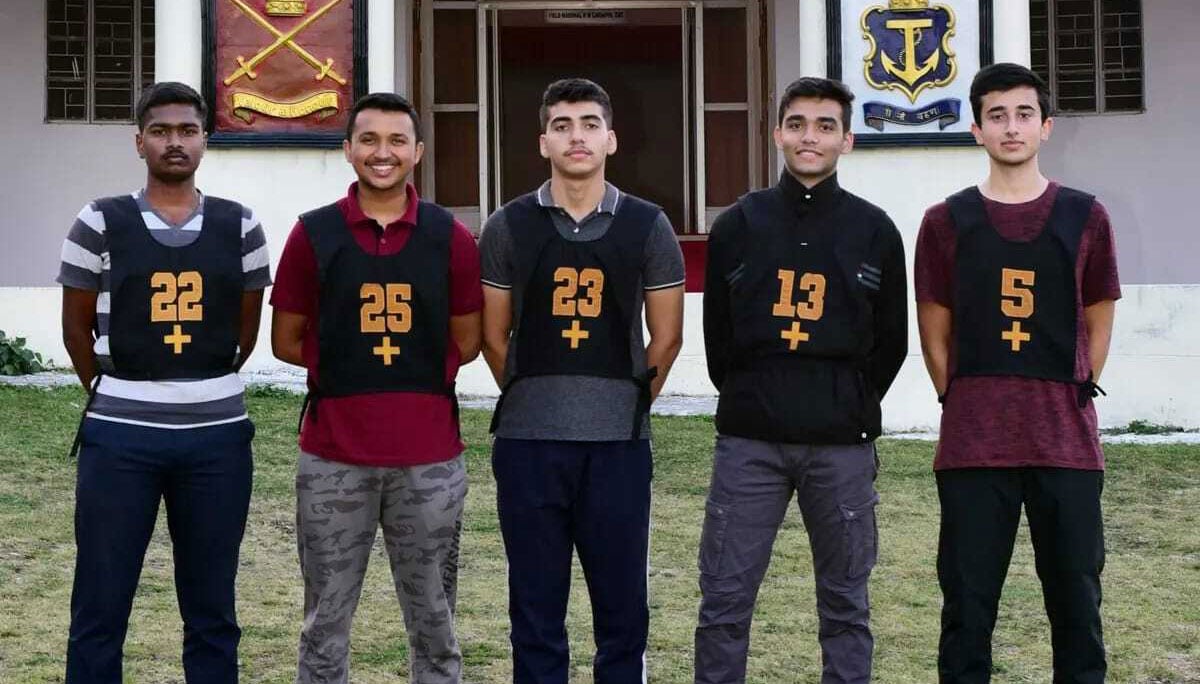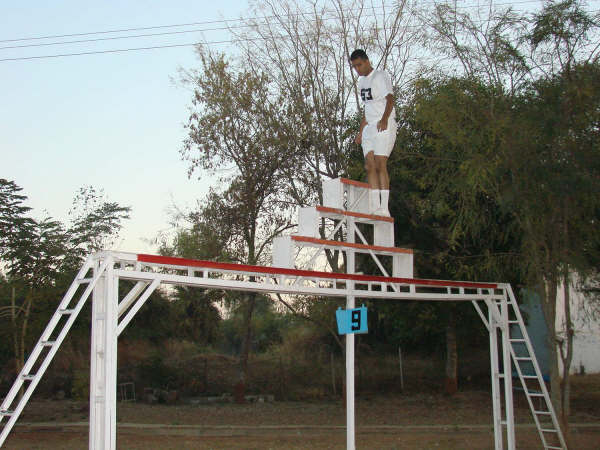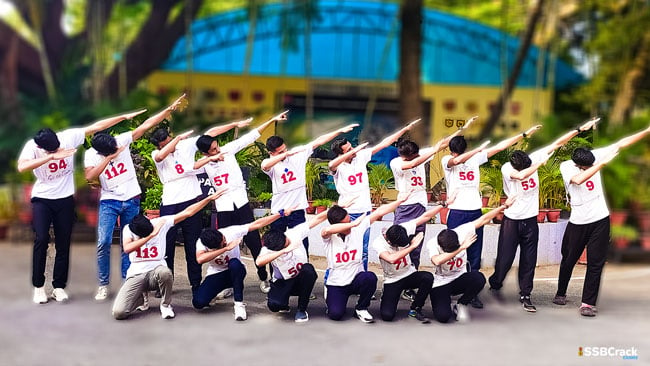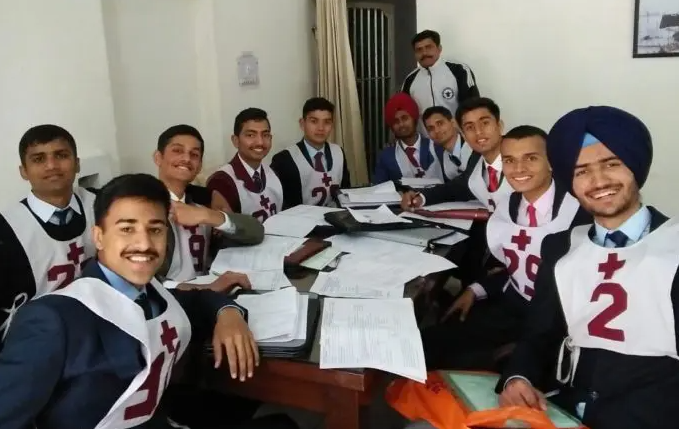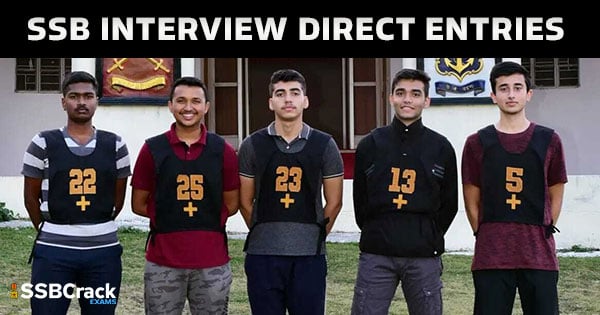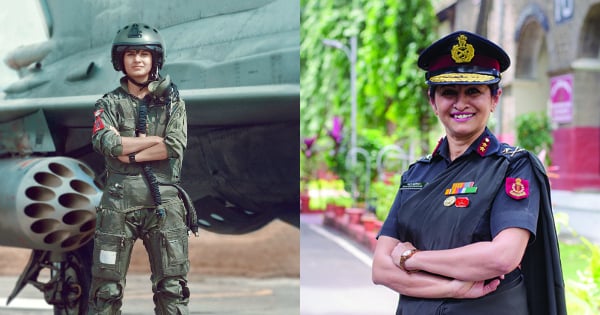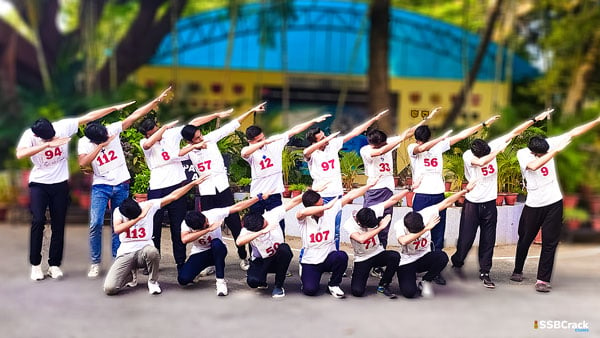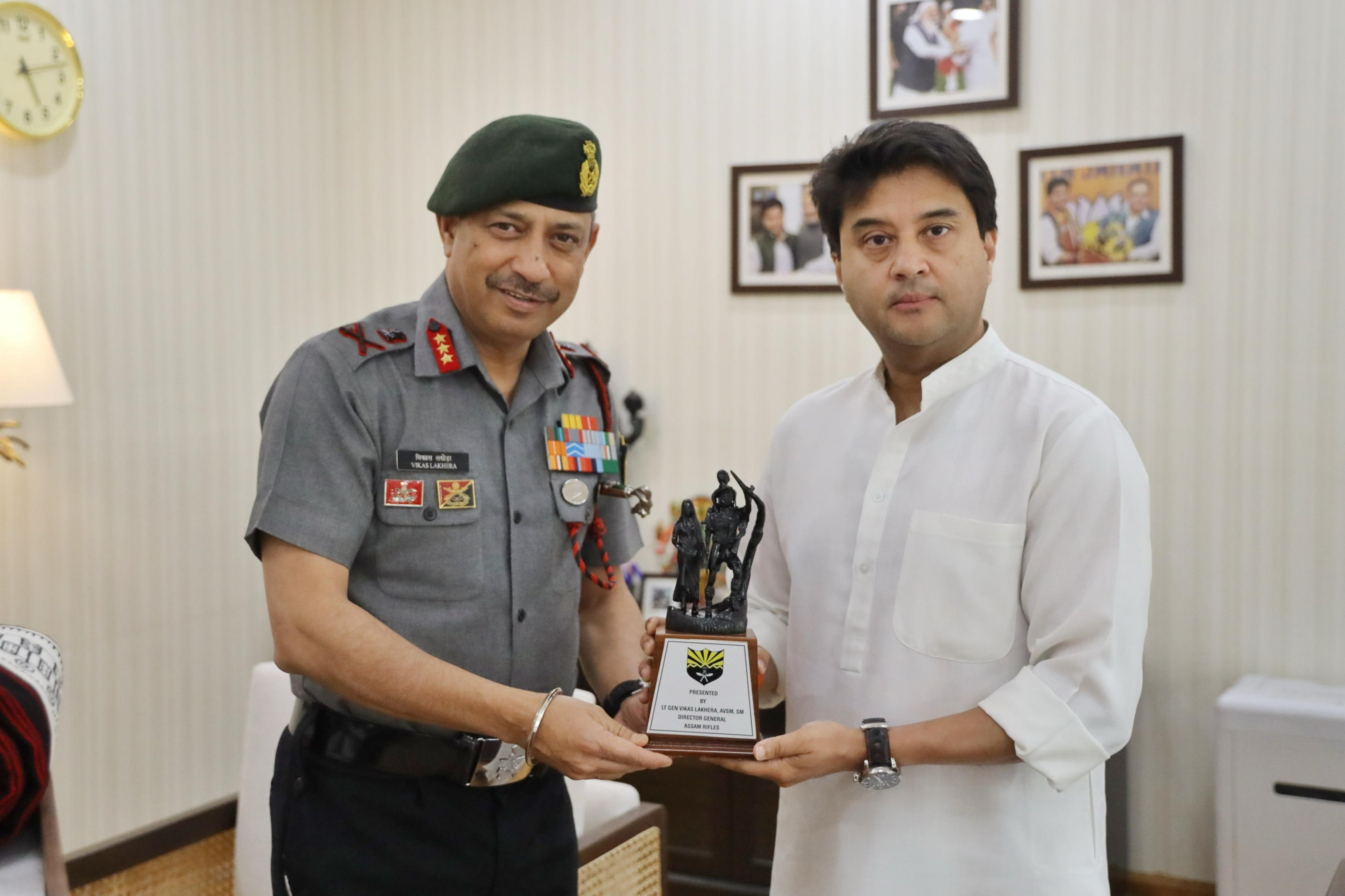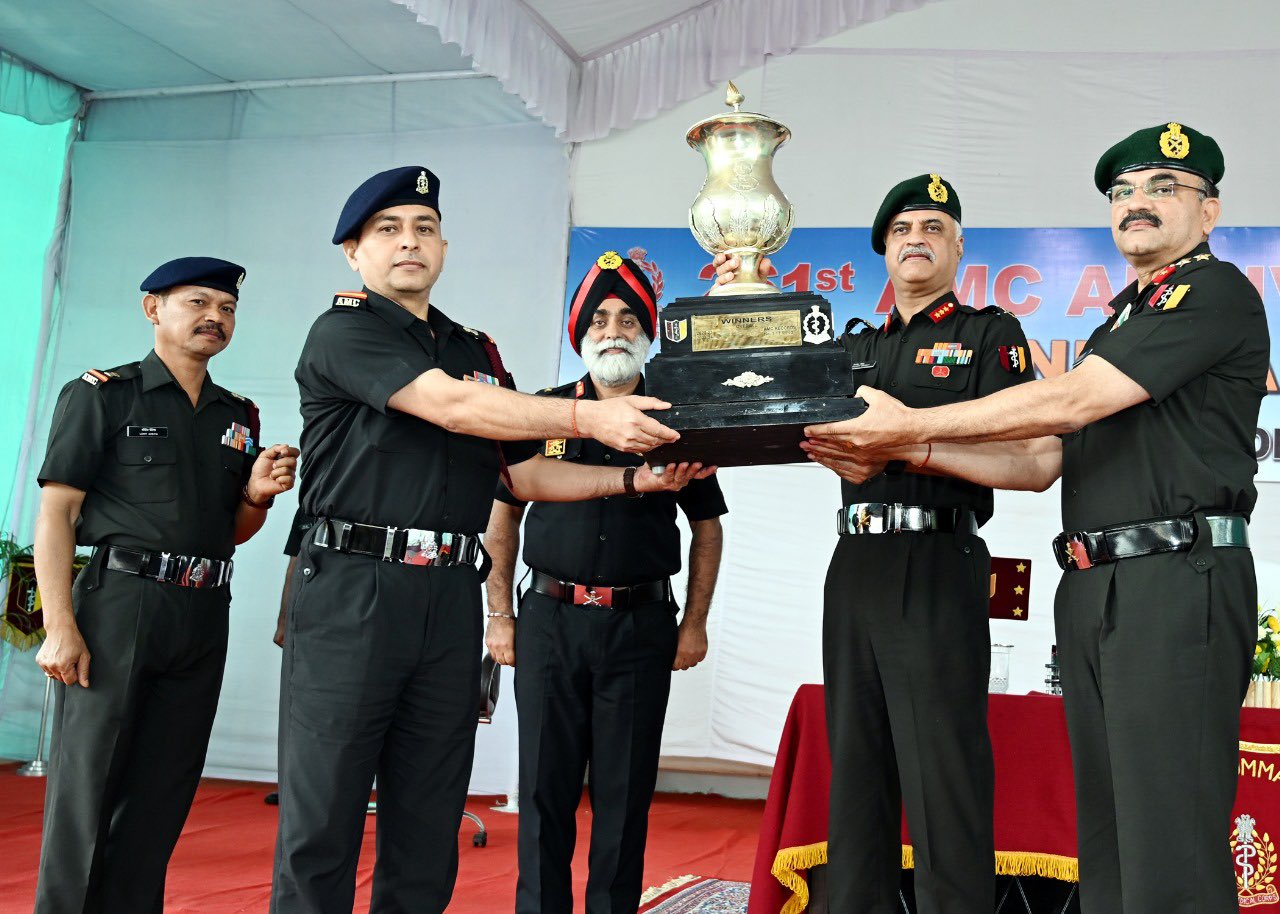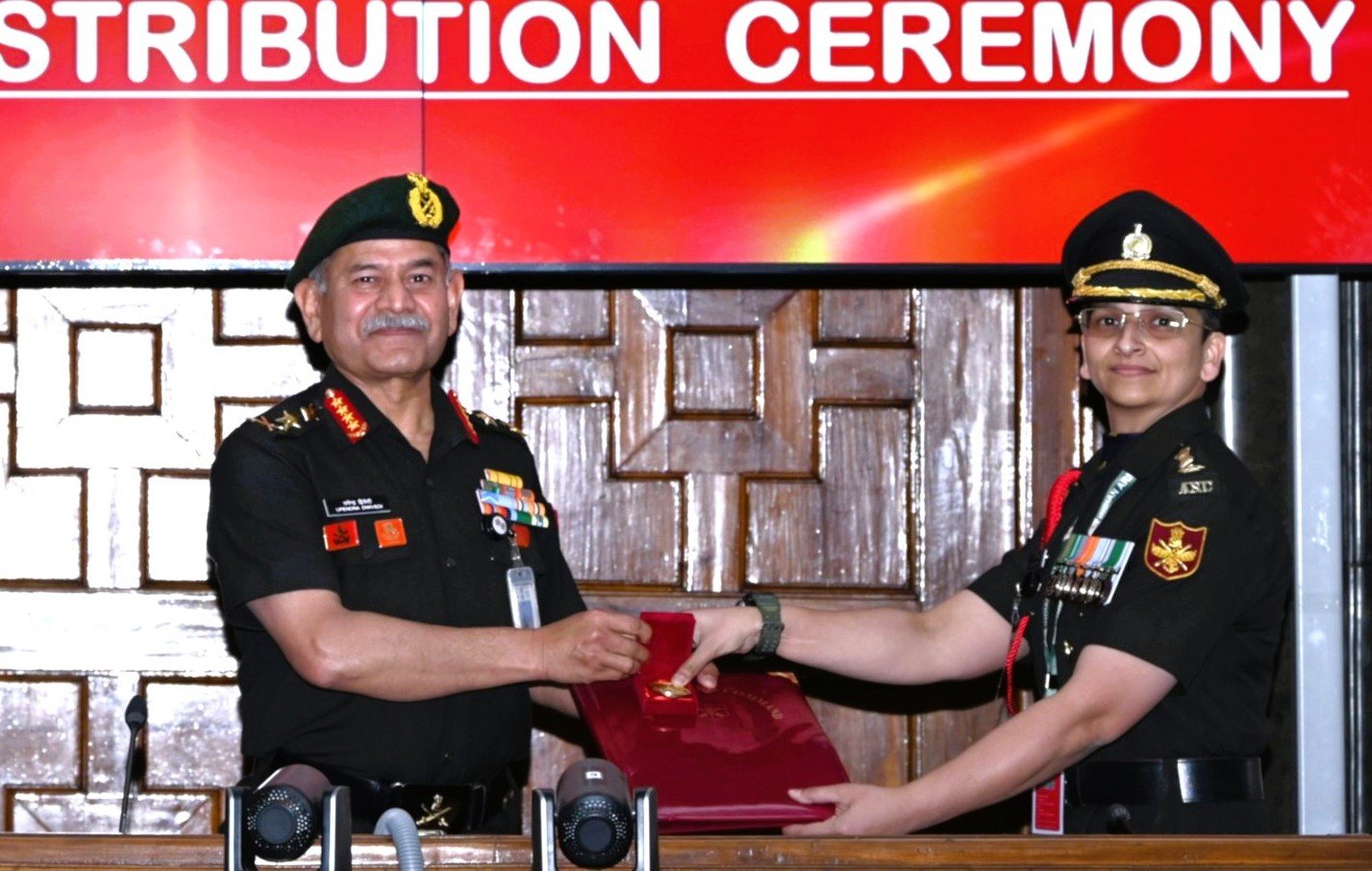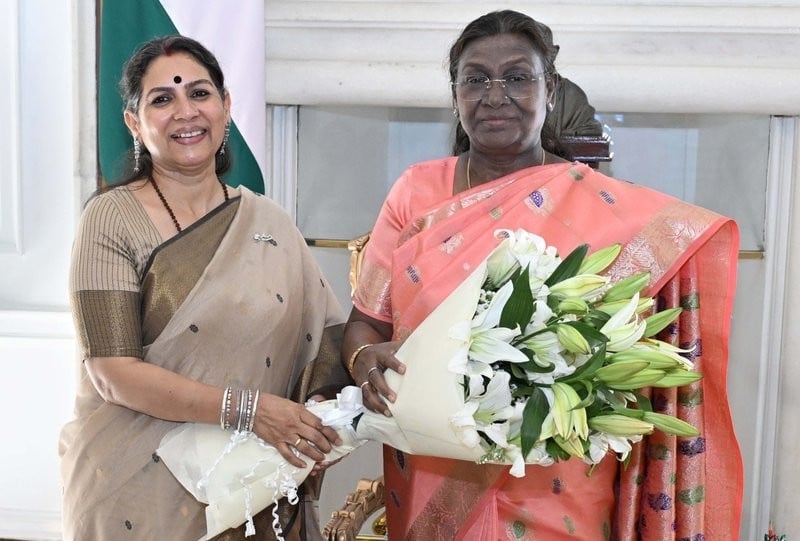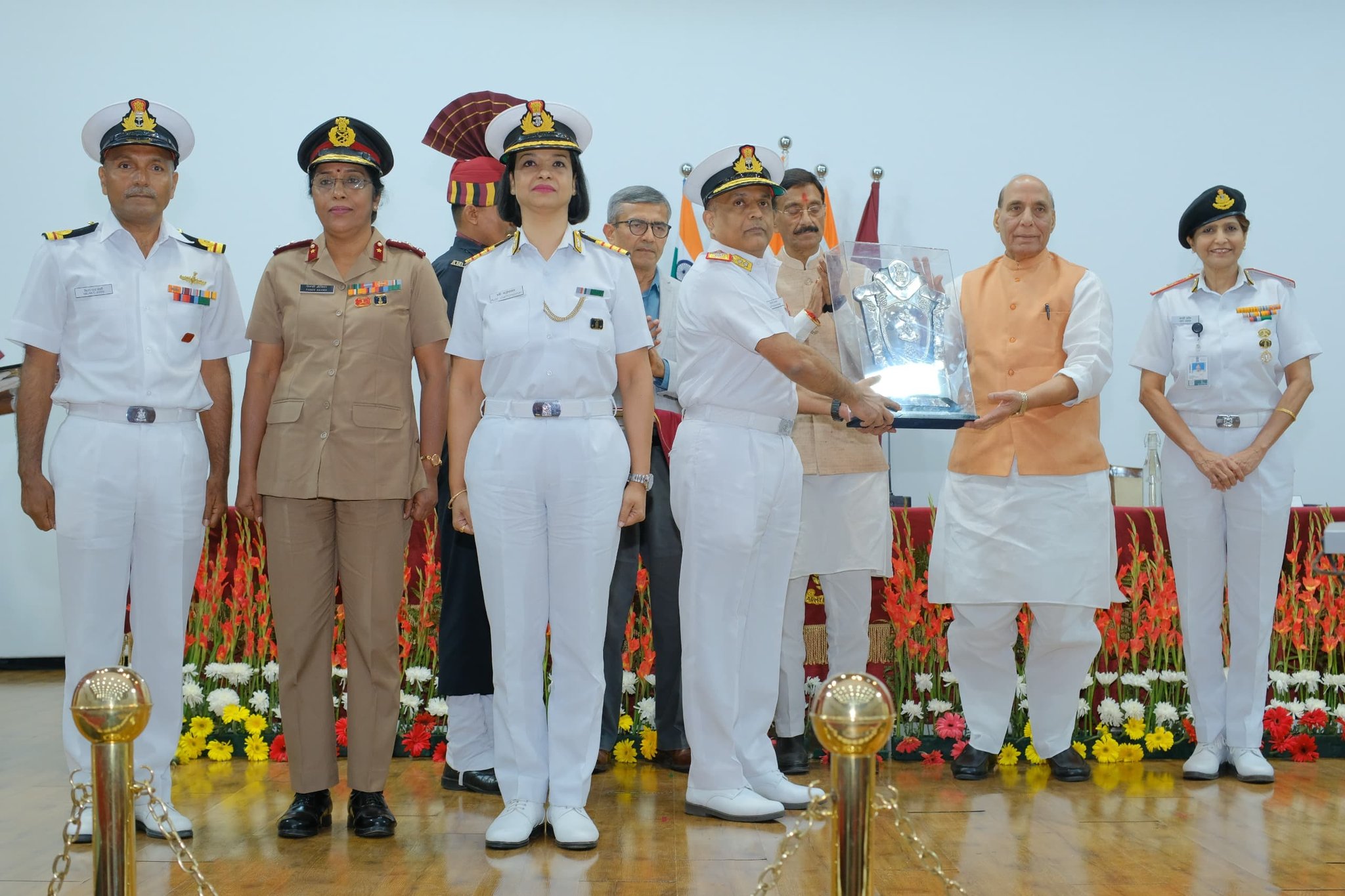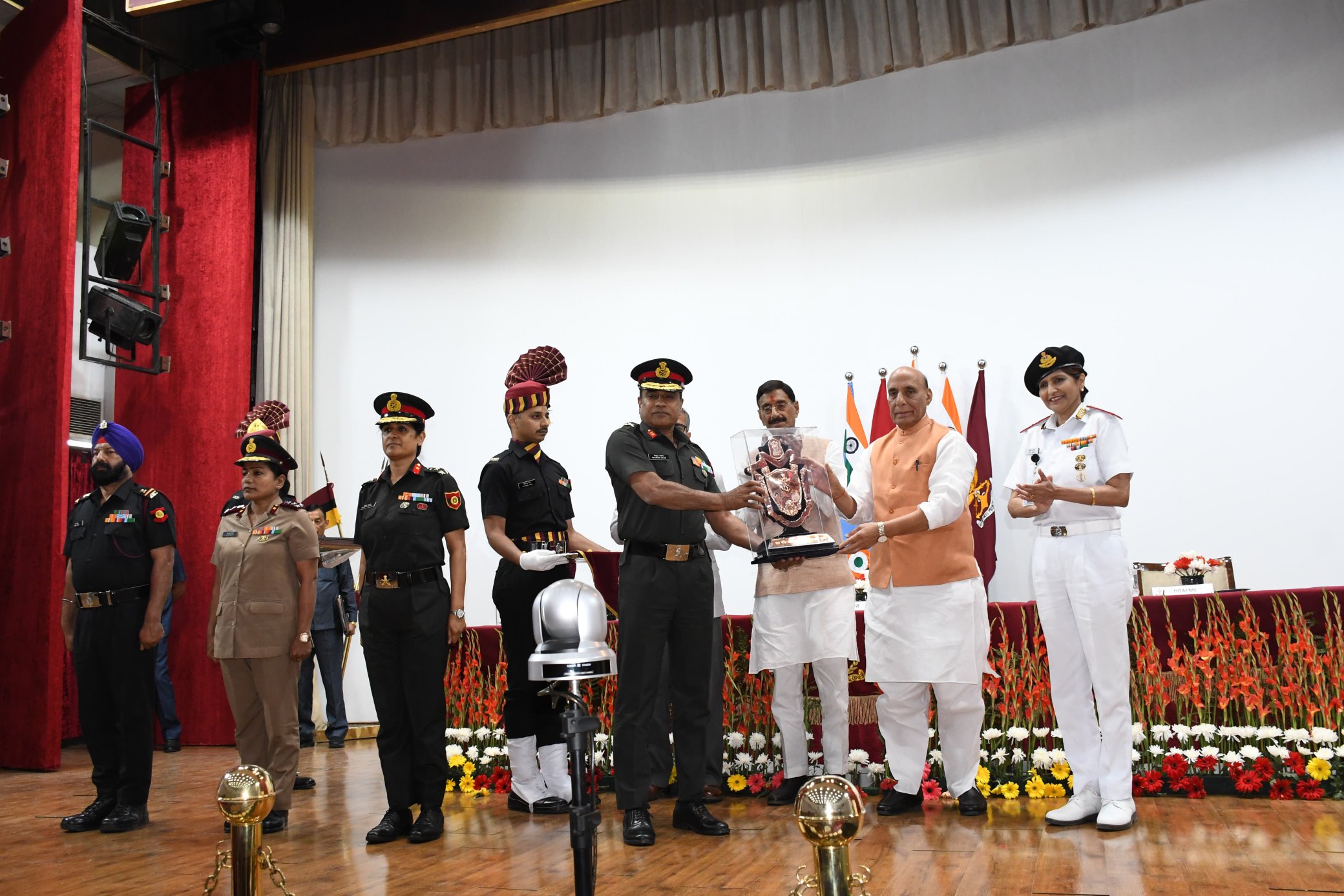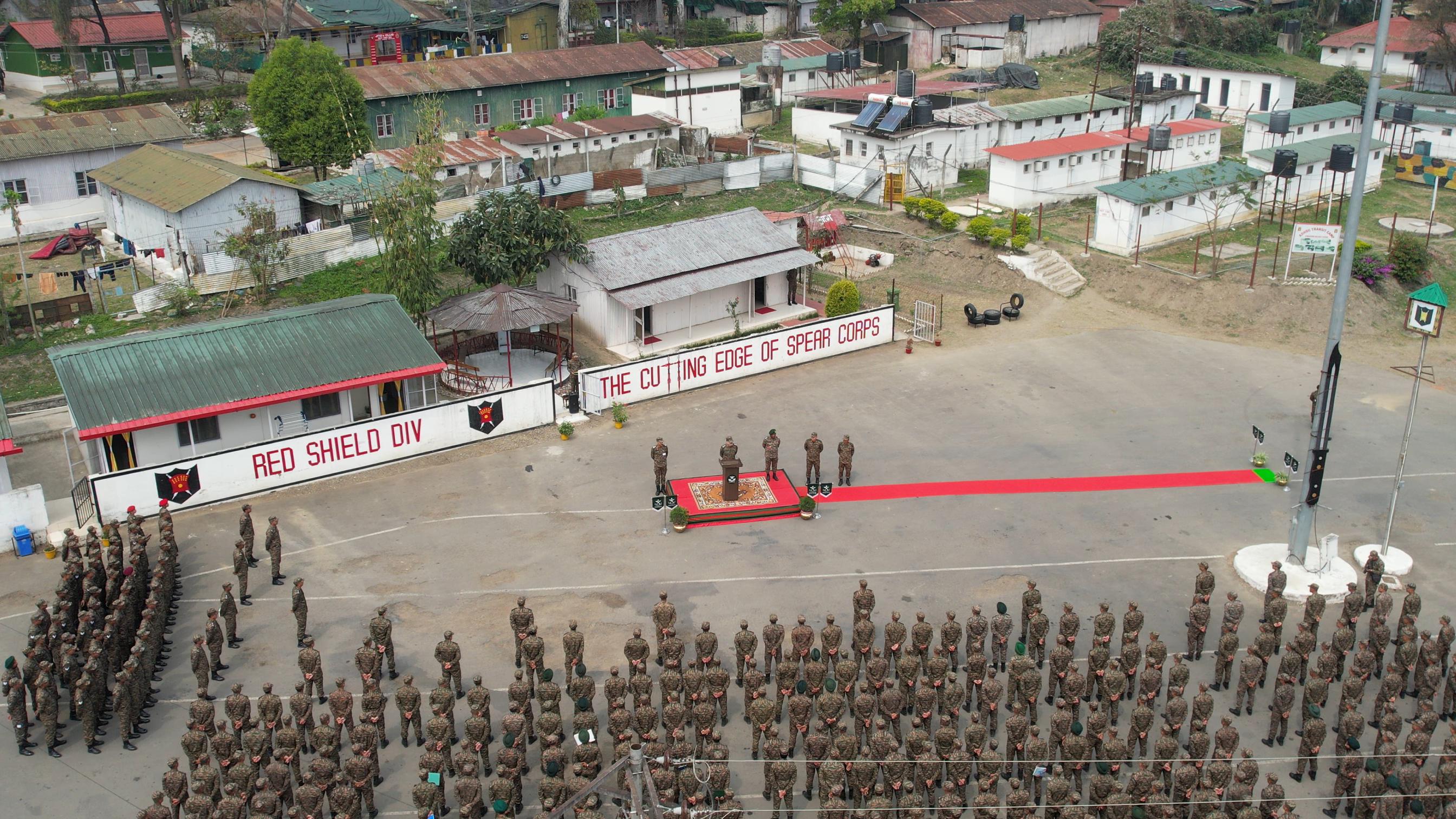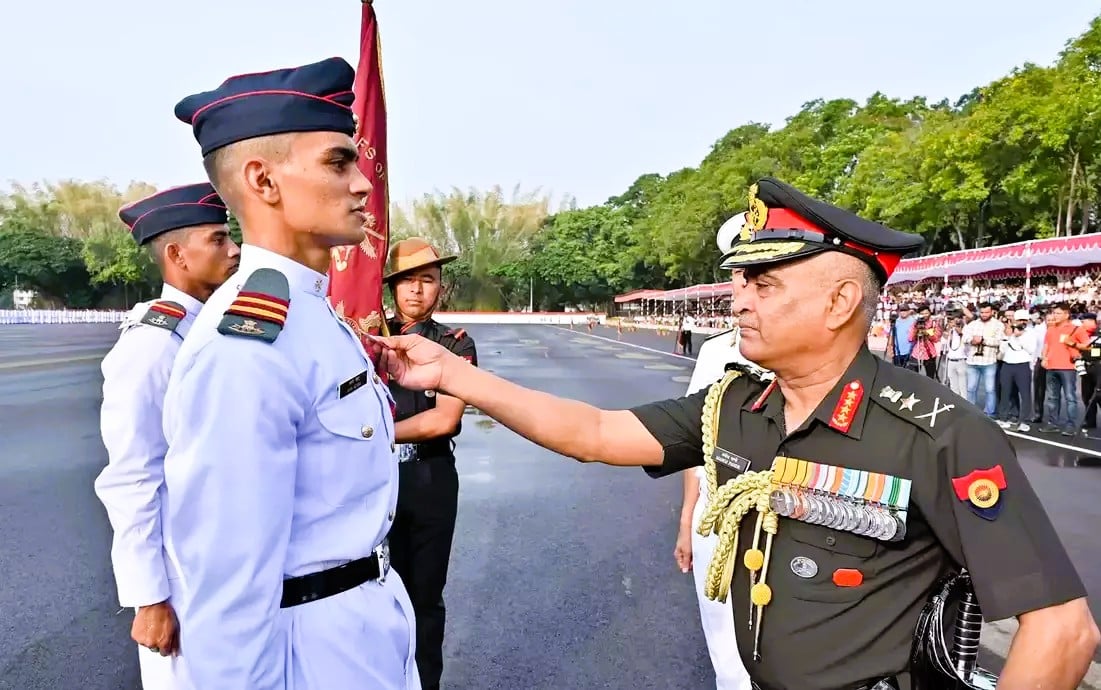What is the SSB Full Form? The full form of SSB is Services Selection Board, it plays a crucial role in shaping the future of aspiring military officers in India. For those dreaming of a career in the Indian Armed Forces, understanding the SSB meaning and process is essential.
This rigorous selection procedure evaluates candidates’ potential to become effective leaders in the Indian Army, Navy, and Air Force, assessing their mental and physical capabilities along with their leadership qualities.
Candidates often wonder what SSB stands for and how it impacts their journey towards joining the defense services. This article aims to shed light on the SSB full form, its significance in the military recruitment process, and the key aspects of the selection procedure.
By exploring the various stages of the SSB process and the qualities it evaluates, readers will gain valuable insights to help them prepare for this challenging yet rewarding experience in their pursuit of a career in the Indian Armed Forces.
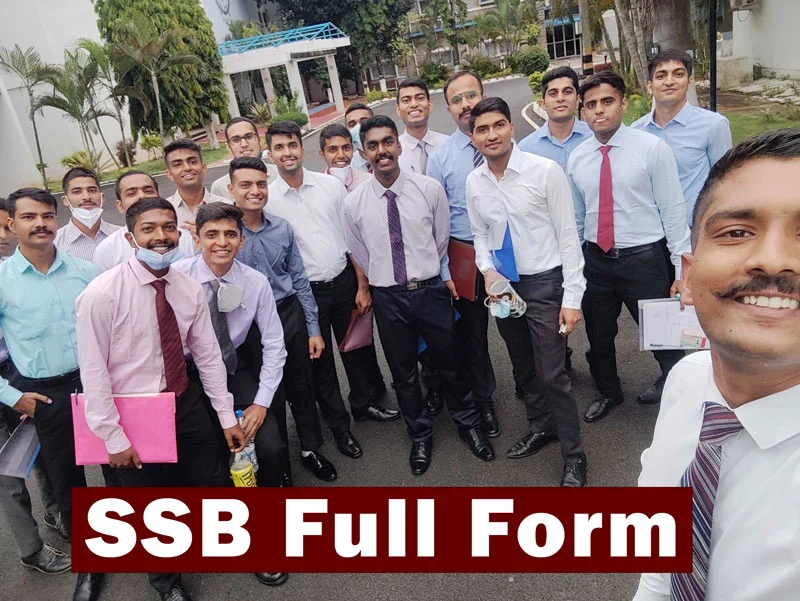
What is SSB?
Full Form of SSB
The full form of SSB is Services Selection Board. This organization plays a vital role in the recruitment process for the Indian Armed Forces. The SSB has the responsibility to assess candidates who aspire to become officers in the Indian Army, Navy, and Air Force. It uses a standardized evaluation system to determine the suitability of individuals for these prestigious positions.
The SSB meaning goes beyond just a selection committee. It represents a gateway for many young Indians who dream of serving their nation in uniform. The process conducted by the SSB is known for its rigor and comprehensiveness, designed to identify individuals with the potential to lead and excel in the challenging environment of the armed forces.
Purpose of SSB
The primary purpose of the SSB is to evaluate candidates’ mental and physical capacities, as well as their potential to handle the significant responsibilities that come with being an officer in the Indian Armed Forces. The board assesses various aspects of a candidate’s personality, including their intellect, leadership qualities, and ability to perform under pressure.
The SSB evaluation process is based on the concept of “Manasa, Vacha, and Karmana,” which translates to mind, speech, and actions. This holistic approach ensures that selected candidates have their thoughts, words, and deeds in alignment, a crucial trait for effective military leadership.
The SSB conducts a series of tests and interviews over a five-day period. These assessments include psychological tests, group tasks, and personal interviews. The board looks for qualities such as responsibility, initiative, judgment under stress, communication skills, determination, courage, self-confidence, and loyalty to the nation.
Read More: What Is SSB Services Selection Board
Importance in Armed Forces Recruitment
The SSB holds immense importance in the recruitment process for the Indian Armed Forces. It serves as a crucial filter, ensuring that only the most suitable candidates progress to become officers. The comprehensive nature of the SSB evaluation helps to identify individuals who possess not just academic knowledge, but also the mental fortitude and leadership potential required for a successful military career.
There are thirteen Service Selection Boards across India, with four each dedicated to the Indian Army and Indian Air Force, and five for the Indian Navy. These boards comprise senior officers from the Indian Armed Forces, including specialists in psychology, Group Task Officers (GTOs), and Interviewing Officers.
The SSB process is mandatory for all candidates aspiring to join the officer ranks in the Indian Armed Forces, except for those entering the Army Medical Corps. Successful candidates who clear the SSB interview move on to medical examinations and are then placed on a merit list for commissioning.
It’s important to note that the SSB is not concerned with the number of available commissions. Its sole responsibility is to assess candidates and recommend those who meet the stringent criteria set by the armed forces. This approach ensures that the quality of officer candidates remains consistently high, regardless of the number of vacancies.
The SSB process is not just a selection procedure; it’s a transformative journey that shapes individuals into potential leaders for the armed forces. It provides candidates with an opportunity to showcase their abilities and prove their worth in a challenging environment. For many, clearing the SSB is a significant milestone in their journey towards realizing their dream of donning the olive greens and serving the nation.
Read More: 5 Days Procedure In SSB Interview – Complete Guide For SSB Interview
The SSB Selection Process
Screening Test
The SSB selection process begins with a crucial screening test, which serves as the initial filter for potential candidates. This test, conducted on the first day, consists of two main components: the Officer Intelligence Rating (OIR) Test and the Picture Perception and Description Test (PPDT).
The OIR Test evaluates a candidate’s verbal and non-verbal reasoning abilities. It includes multiple-choice questions covering various topics such as analogies, series completion, coding-decoding, spatial visualization, and arithmetic reasoning. This test aims to assess the candidate’s mental aptitude and problem-solving skills, which are essential for understanding the full form of SSB and its meaning in the context of military service.
The PPDT is a unique assessment that provides insights into a candidate’s observational skills, creativity, and ability to express ideas effectively. During this test, candidates are shown a blurred picture for 30 seconds. They then have four minutes to write a story based on their perception of the image. This exercise evaluates the candidate’s imagination, analytical thinking, and ability to construct a coherent narrative under time pressure.
Following the individual story writing, candidates participate in a group discussion where they narrate their stories and engage in a dialog about the picture. This phase assesses their communication skills, ability to work in a team, and leadership potential – all crucial attributes for those aspiring to join the Indian Army or other defense services.
Psychological Assessment
The psychological assessment is a critical component of the SSB selection process, typically conducted on the second day. This battery of tests is designed to evaluate the candidate’s personality traits, thought processes, and potential as a future officer in the armed forces.
The Thematic Apperception Test (TAT) is a key element of this assessment. Candidates are shown a series of ambiguous pictures and asked to create stories based on these images. This test provides insights into the candidate’s imagination, emotional intelligence, and ability to interpret complex situations – skills that are vital for understanding the full meaning of SSB and its role in military leadership.
The Word Association Test (WAT) follows, where candidates are presented with a series of words and must quickly respond with the first associated thought that comes to mind. This rapid-fire test evaluates the candidate’s spontaneity, mental agility, and subconscious thought patterns.
The Situation Reaction Test (SRT) presents candidates with various hypothetical scenarios they might encounter in military life. Candidates must provide their reactions to these situations, allowing assessors to gage their decision-making skills, ethical reasoning, and ability to handle pressure.
Group Tasks
Group tasks form a significant part of the SSB selection process, typically taking place on the third and fourth days. These tasks are designed to evaluate candidates’ leadership potential, teamwork abilities, and problem-solving skills in a group setting.
The Progressive Group Task (PGT) is a key component of this phase. Candidates are presented with a series of obstacles that they must overcome as a team. The difficulty of these obstacles increases progressively, testing the group’s ability to adapt, strategize, and work together effectively.
The Group Planning Exercise (GPE) challenges candidates to collectively devise solutions to complex problems within a limited time frame. This exercise assesses their analytical skills, ability to contribute ideas, and capacity to reach a consensus in a team environment.
Personal Interview
The personal interview is a crucial part of the SSB selection process, providing an opportunity for assessors to gain deeper insights into each candidate’s personality, motivations, and suitability for a career in the armed forces.
During this one-on-one interaction, candidates are asked a wide range of questions covering their personal background, educational qualifications, current affairs knowledge, and reasons for choosing a military career. The interview aims to evaluate the candidate’s communication skills, presence of mind, and ability to articulate thoughts clearly and confidently.
Key Qualities Evaluated by SSB
Officer-Like Qualities
The Services Selection Board (SSB) assesses candidates for officer-like qualities (OLQs) that are essential for leadership roles in the Indian Armed Forces. These qualities form the foundation of what SSB stands for and are crucial in determining a candidate’s suitability for a military career. The full form of SSB, which is Services Selection Board, places great emphasis on evaluating these attributes.
Some key OLQs include effective intelligence, reasoning ability, organizing ability, and power of expression. Candidates are expected to demonstrate practical and logical thinking, quick decision-making, and problem-solving skills. The ability to analyze complex situations, make sound judgments, and come up with innovative solutions, even under pressure, is highly valued.
Leadership Skills
Leadership is a fundamental aspect of what SSB evaluates. The board looks for candidates who can inspire and organize others to achieve shared goals efficiently. Leadership skills are particularly important in the defense forces, as they facilitate strong teams and the ability to complete tasks effectively.
Candidates are assessed on their ability to take initiative, make timely decisions, and influence others positively. The SSB meaning extends to identifying individuals who can lead by example, motivate team members, and maintain discipline. Aspiring officers should be prepared to discuss real-life situations where they have demonstrated leadership qualities, such as handling conflicts or working under pressure.
Intelligence and Aptitude
The SSB full form in the army context also includes evaluating a candidate’s intelligence and aptitude. This assessment begins with the Officer Intelligence Rating (OIR) test, which checks the applicant’s general intelligence and competency level. The test comprises both verbal and non-verbal sections, examining logical reasoning, spatial visualization, and arithmetic skills.
Intelligence in this context goes beyond academic knowledge. It includes the ability to grasp essentials quickly, arrive at logical conclusions, and apply knowledge in practical situations. The SSB looks for candidates who can think on their feet, adapt to changing scenarios, and make informed decisions rapidly.
Physical Fitness
While the SSB full form doesn’t explicitly mention physical fitness, it is an integral part of the evaluation process. Physical fitness is crucial for anyone aspiring to join the Indian Armed Forces. Officers must be in good shape to handle the demanding nature of military service, which includes activities like long marches, weapon handling, and potentially engaging in combat situations.
The SSB assessment includes physical tasks that require a good level of fitness. Candidates are expected to demonstrate stamina, strength, and agility during various group tasks and individual obstacle tests. Activities like the Full Group and Half Group tasks, as well as individual obstacles like the Burma Bridge and Tiger Leap, all require significant physical prowess.
In conclusion, the full form of SSB encompasses a comprehensive evaluation of a candidate’s potential to serve as an officer in the Indian Army and other defense services. By assessing officer-like qualities, leadership skills, intelligence, aptitude, and physical fitness, the SSB ensures that only the most suitable candidates progress in their journey towards becoming military leaders.
Conclusion
The Services Selection Board has a significant impact on shaping the future leaders of India’s Armed Forces. Through its comprehensive evaluation process, the SSB assesses candidates’ mental and physical capabilities, leadership potential, and officer-like qualities. This rigorous selection procedure ensures that only the most suitable individuals progress to become officers in the Indian Army, Navy, and Air Force.
For aspiring military officers, understanding the SSB’s full form and its meaning is crucial to prepare for this challenging experience. The SSB’s holistic approach, evaluating candidates’ thoughts, words, and actions, helps identify individuals with the right blend of skills and qualities needed to excel in the demanding environment of the armed forces. As a result, the SSB plays a vital role in maintaining the high standards of leadership within India’s military, contributing to the nation’s security and defense capabilities.
SSB Interview Preparation Books and Study Material
| Study Material | Download Source |
| Let’s Crack SSB Interview [Book] | Buy Now |
| Breaking the Code Of SSB Psychology [Book] | Buy Now |
| OIR Test and PPDT [Book] | Buy Now |
| SSB Psychological Tests Workbook | Buy Now |
| OIR Test eBook [ 150+ Solved Questions] | Download Now |
| SRT Solved eBook [100 Solved Questions] | Download Now |
| Word Association Test [100 Solved Words] | Download Now |
| Current Affairs eBooks | Download Now |
| SSB Interview eBook [FREE] | Download Now |
| My Appointment With A Psychologist eBook [FREE] | Download Now |
| Best SSB Interview Book [Paperback] | Download Now |
| 5 Day Complete SSB Interview Video | Download Now |
| 500 WAT Words | Download Now |
| 50 TAT and PPDT Pictures | Download Now |
| 180 SRT Original | Download Now |
| Latest SSB GD Topics | Download Now |
| 300 Lecturette Topics | Download Now |

